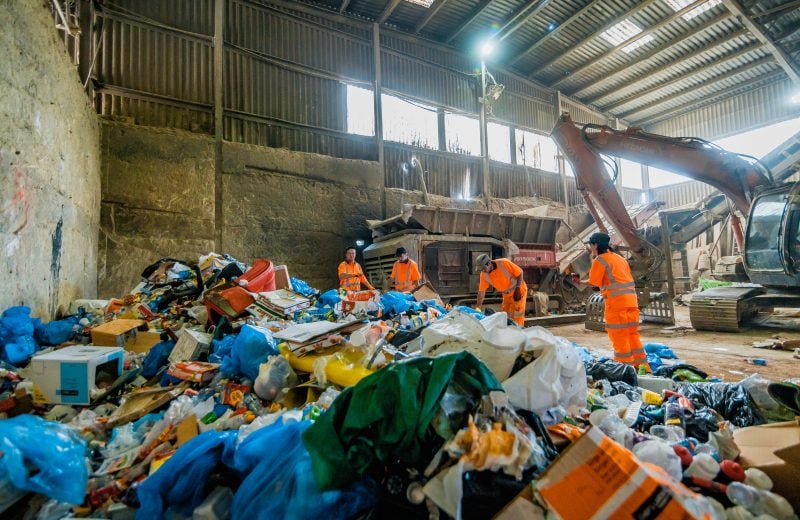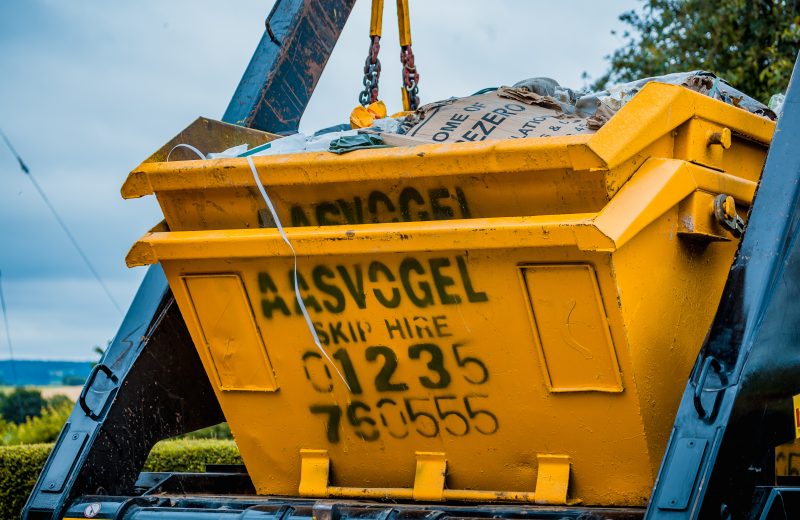Did you know that UK plastic recycling could more than triple by 2030? The UK produces more plastic waste per person than any other country in the world.
With the future of plastic recycling a concern amongst many other global warming issues, it’s a wonder how the environmental landscape will develop now that there are new ways to recycle emerging.
The recycling roadmap of 2021
In January 2021, the British Plastics Federation (BPF) released a Recycling Roadmap, discussing what the UK needs to achieve if it is to drastically reduce reliance on exporting plastic waste. The British Plastics Federation stated that exports of plastic waste could more than halve – along with the UK eliminating the reliance on low-quality exports within the next decade.
The report also said that plastics within facilities across the UK could almost quadruple by 2030 with the right drivers in place.
The document calls for the same plastic waste collection schemes across all local authorities, increases in the use of recycled material in new products, greater communication to the public about the rules of recycling and curbside collections for plastic.
Suggesting that new technologies should be expanded, The British Plastics Federation estimates that if chemical recycling and other new methods are proven to work at scale, the amount of material processed this way could increase by 60 times.
More than 380 million tonnes of plastic are produced worldwide, yet only 9% of all plastic ever made has been recycled into new plastics.
Plastic improved
Plastic has become such a regularity in our daily lives that we might not realise how much it is used for. From water bottles to even clothing, with the lack of consideration for how the plastic life cycle ends, a global environmental struggle has lingered.
There are a few ways that plastic recycling has improved – or is considered to have done so – in upcoming years. Instead of a system where plastics are declined due to being made of composites or the wrong colour, chemical recycling could create a solution where all plastics are fed into a limitless recycling system.
Chemical vs. mechanical recycling
Chemical recycling has been researched as a feasible alternative to standard recycling for years now. The main obstacle has been the huge amount of energy it requires to use, meaning it can sometimes be cheaper to produce new plastic products rather than recycle.
Mechanical recycling is currently the main solution that makes up 99% of the plastic recycling across Europe. When done well, mechanical recycling is an incredibly effective way of transforming the end of life plastic products into revived resources.
But, when it comes to mixed or contaminated waste streams, a less efficient product is produced, risking the result of downcycling. The problem of plastic waste is at an all-time high, and while plastics are a primary material in many applications, it is important that we consider ways to reduce the use of plastics – or how to best extend the life cycle of plastic.
Recycling rates are increasing every day in the UK, but equally, so is our population. We now produce more goods and use more natural resources than ever before, but regardless of the changes, we are still creating far too much waste.
What’s next?
It’s not to say there hasn’t been a lot of great progress and change in recent years, but it’s time to consider the future of plastic recycling and perhaps consider the further significant investment to change the environment for the better. The need for both mechanical and non-mechanical recycling solutions and the expansion of recycling systems for non-packaging plastic can all aid in the future of plastic recycling.
Based in Grove, Oxfordshire, Aasvogel are a reputable and innovative waste management and disposal company that prides itself in handling your waste both professionally and responsibly. Aasvogel waste disposal services are offered both domestically and commercially in Oxfordshire, Berkshire, Wiltshire and surrounding areas.



